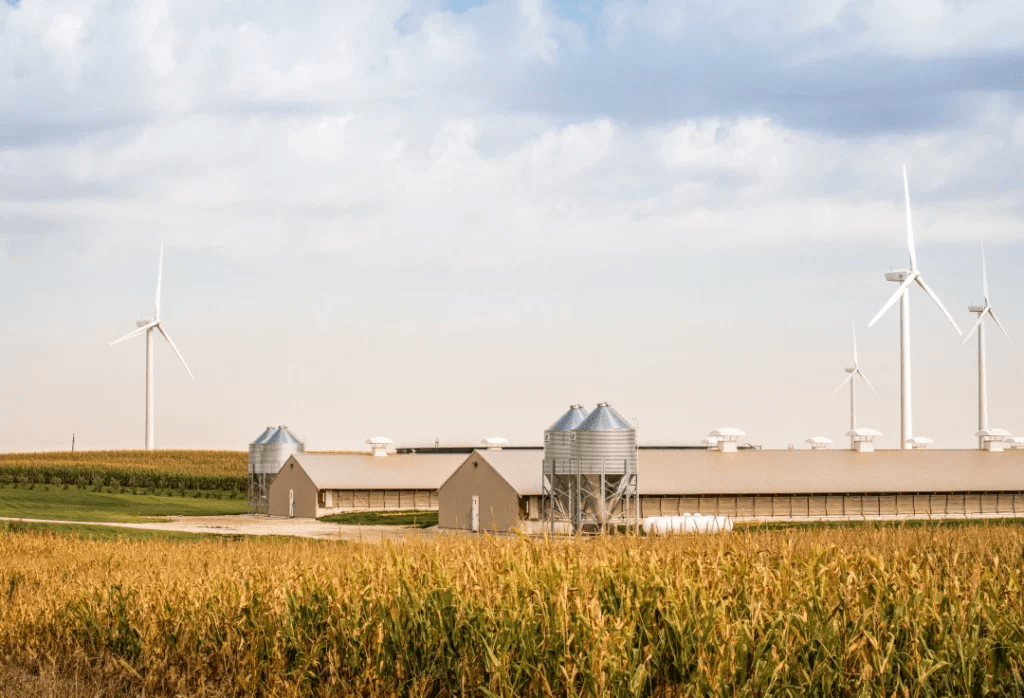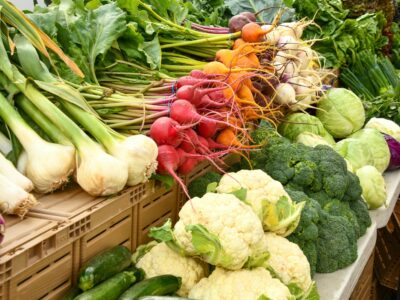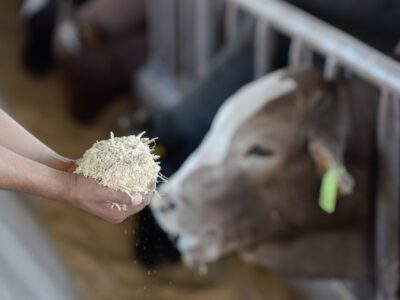Notable food production and restaurant industry leaders are making big changes in their processes, adding to more sustainable production worldwide. The push for a greener global supply chain is being driven by consumers concerned about the environment, their health, and the social impact of their day-to-day purchases. As customers demand sustainable ingredients and plant-based alternatives, greener practices are taking hold.
Meat giant Smithfield Foods is leaning into its “Good Food. Responsibly” motto by committing to practices that address waste management and climate change. Overall, the Virginia-based company is making more meat using fewer resources.
Smithfield uses anaerobic digesters that turn manure on farms into energy by capturing methane and converting it into renewable energy for adjacent communities. The company is also committed to being fully carbon negative by the end of the decade.
“Modern food production is a wonder to behold thanks to ongoing innovation that drives new efficiencies and sustainable practices to address climate change, reduce waste, minimize food safety risks, and support communities,” said Stewart Leeth, Smithfield CEO. “Thanks to these practices, we produce more food while using far fewer resources than ever before.”
“That’s a good thing given a growing global food security challenge,” he said. “As those of us who work in agriculture know, the challenge is massive and requires ever-increasing efficiency that can only be realized by modern food production practices. Of course, this production can’t come at the expense of the incredible progress we have made in sustainability.”
Drink maker PepsiCo is also implementing regenerative agricultural practices, a “positive agriculture agenda” designed to increase biodiversity, save watersheds and make more money for farmers.
The company plans to scale its regenerative approach to more than 7 million acres, which could remove up to 3 million tons of greenhouse gas (GHG) emissions by 2030.
“As one of the world’s leading food and beverage companies, a resilient food system is essential to our business, and with our scale, we have an opportunity and responsibility to drive meaningful change,” said Ramon Laguarta, PepsiCo CEO. “Working together, we can reduce our collective carbon footprint, feed a rapidly growing population, and provide meaningful economic opportunities for more people.”
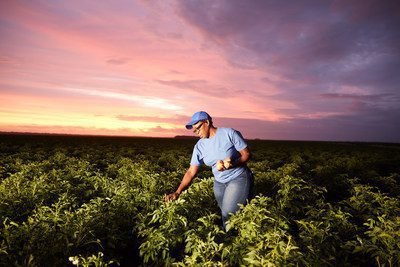
Kraft Heinz echoes PepsiCo’s approach. The company’s research has concluded that the food and beverage industry has five years to significantly improve by offering healthier, sustainable options or risk losing consumers looking for healthier, greener ways to eat.
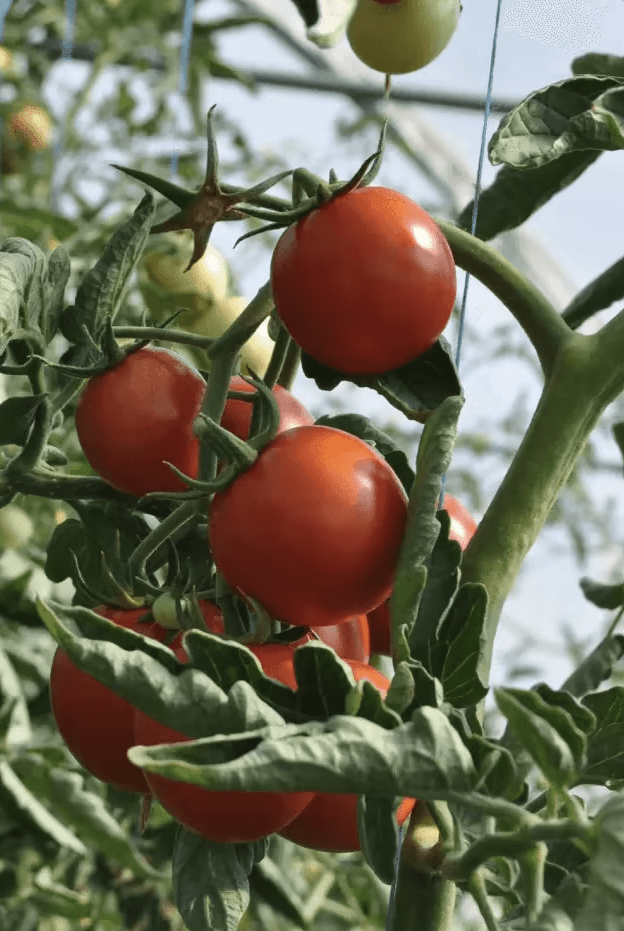
The restaurant industry is also looking at ways to help solve the ongoing food crisis and help the environment by implementing innovative solutions. Too Good To Go is one example of a game-changer company that allows customers to purchase surplus cuisine from their favorite restaurants.
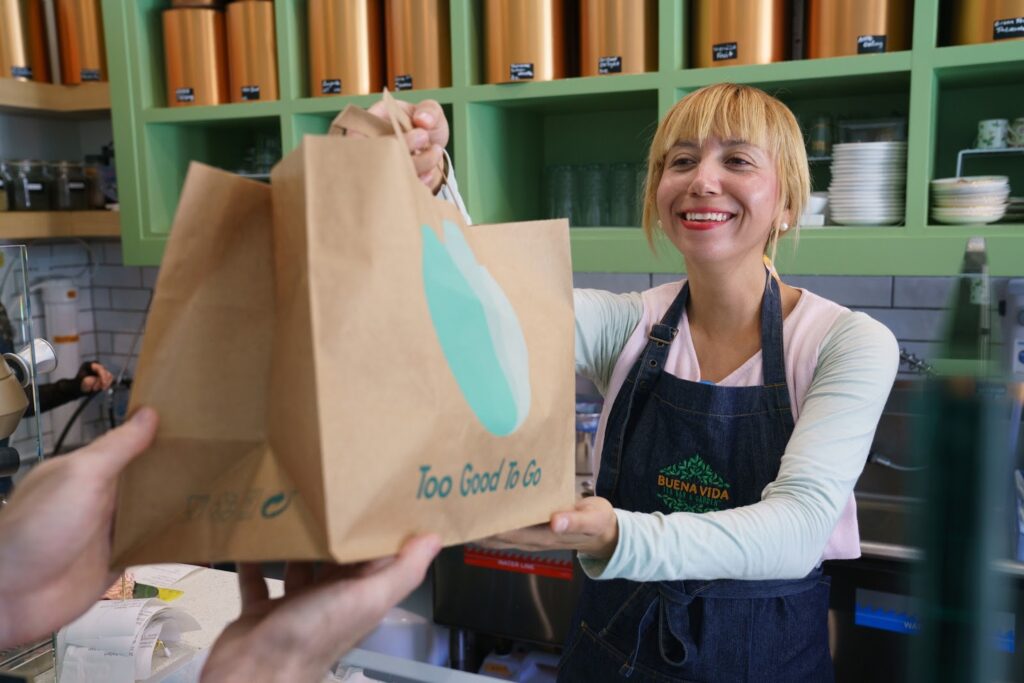
Sandra Noonan, Just Salad’s chief sustainability officer, believes that with the right combination of policy and business commitments, it’s possible to eliminate waste from the restaurant industry by 2027. She says the move could reduce GHG emissions since one-third of all food produced globally is currently thrown away.
“We need an ever-more-potent cocktail of innovation, policy, and consumer-facing solutions to create a world where food is never wasted,” Noonan said.

